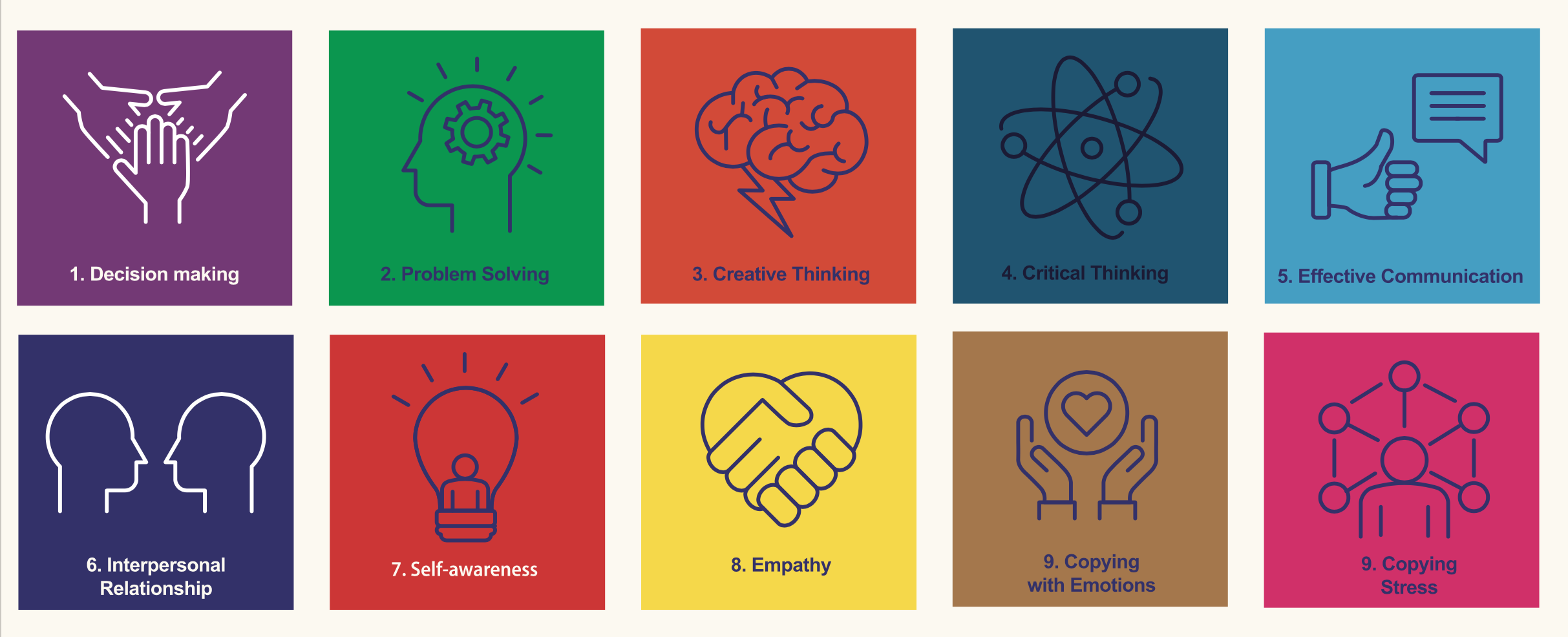The term Life Skills is generally referred to as a range of basic cognitive, emotional and relational skills, which allow people to operate competently both individually and socially. In other words, they are skills and abilities that allow us to acquire a versatile and positive behavior, thanks to which we can effectively face the demands and challenges of everyday life.
The fundamental core of the Life Skills identified by the WHO (World Health Organization) consists of 10 competencies grouped into three categories:
EMOTIONAL - self-awareness, emotion management, stress management
RELATIONAL - empathy, effective communication, effective relationships
COGNITIVE – problem solving, decision making, critical thinking, creative thinking
The 10 life skills:
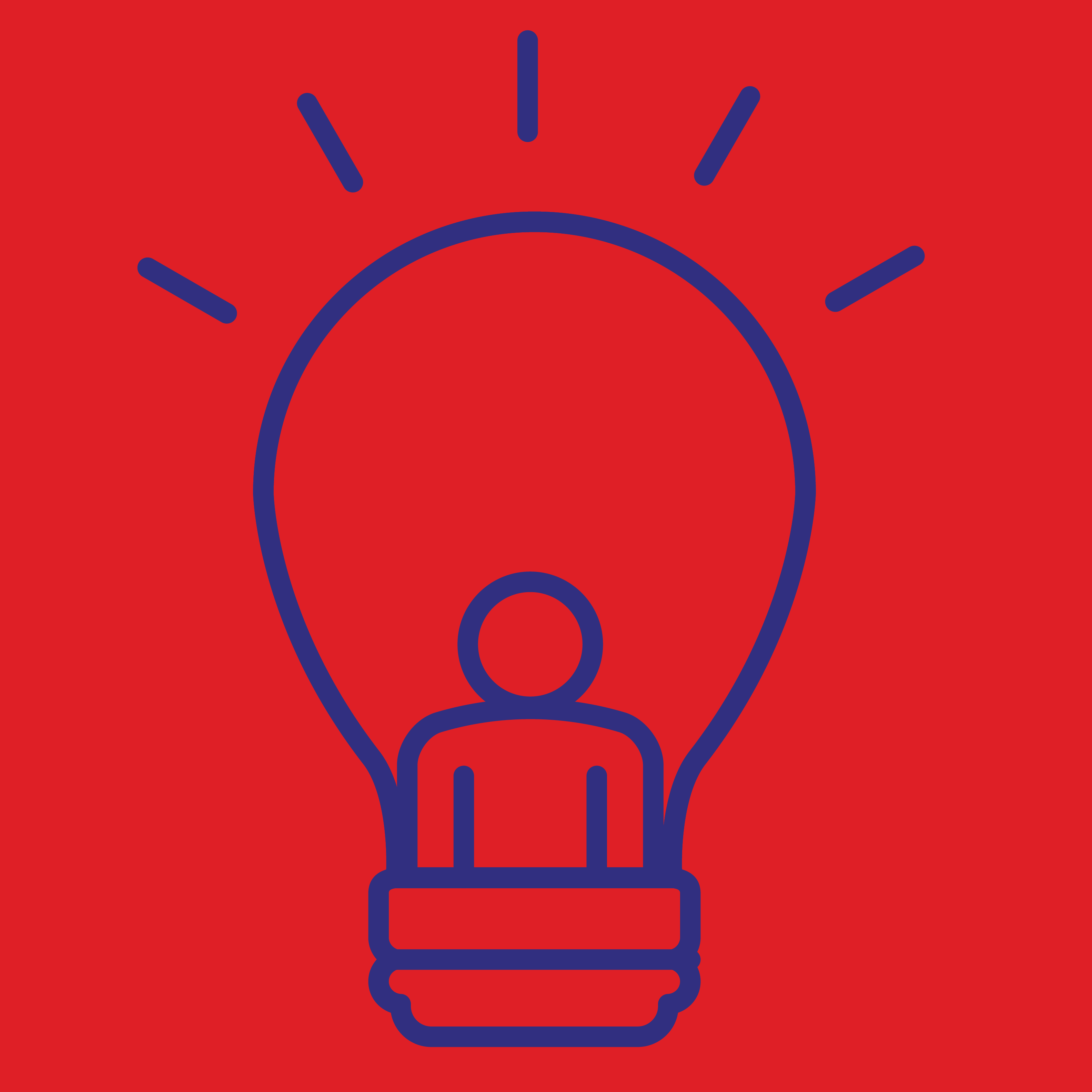
Self-awareness has to do with KNOWING YOURSELF. Being aware means knowing how to identify:
- strengths
- weak areas
- the way of reacting to situations,
- preferences (e.g. in which situations am I comfortable and in which I don't feel comfortable?)
- desires
- needs
- emotions
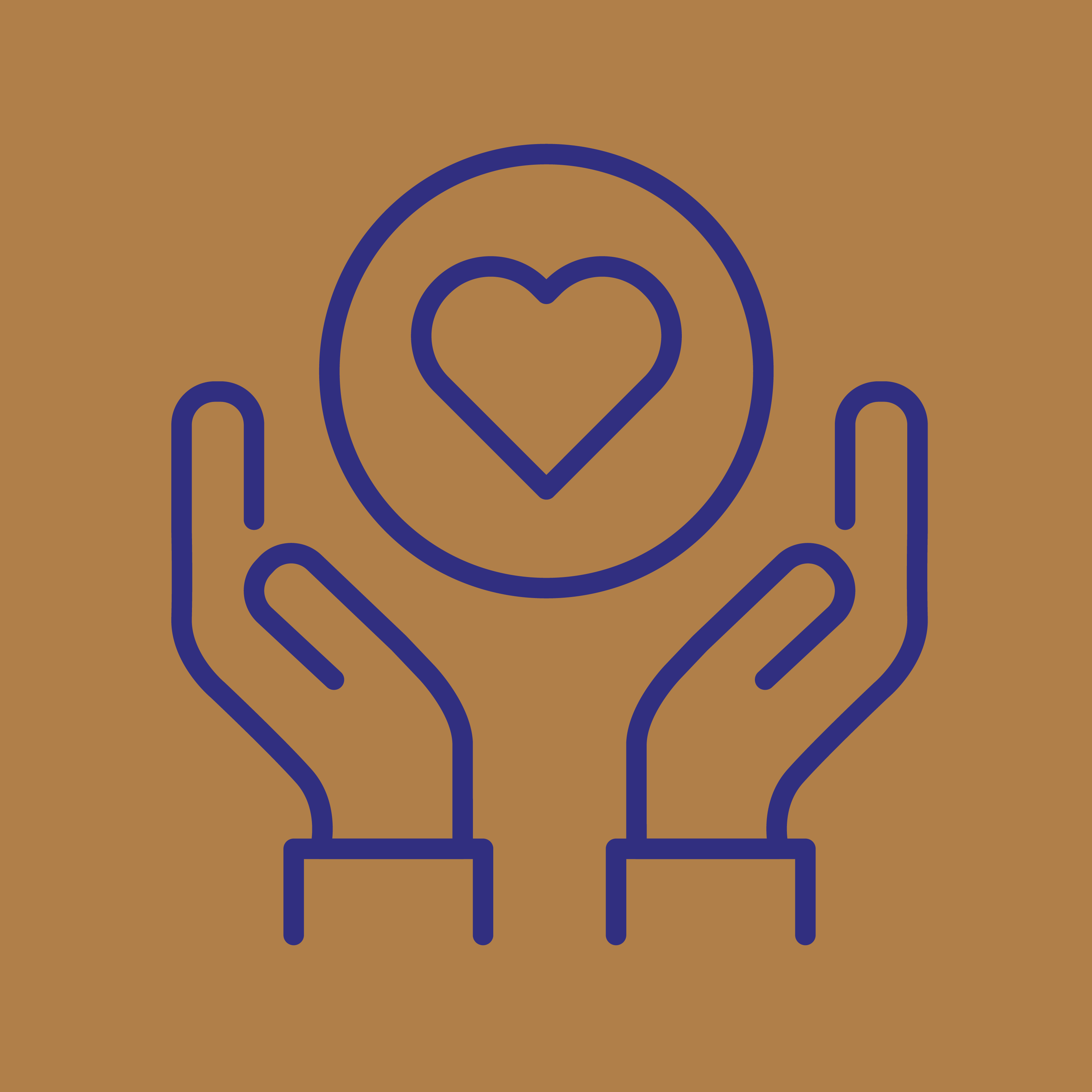
Managing your emotions is NOT controlling them, but using them as tools to "act", without being overwhelmed or carried away by emotions.
Managing your emotions makes you because it allows us to remain lucid, effective without losing your head: it means choosing your behaviors, therefore being intentional in your choices, evaluating their effects on ourselves and the others.
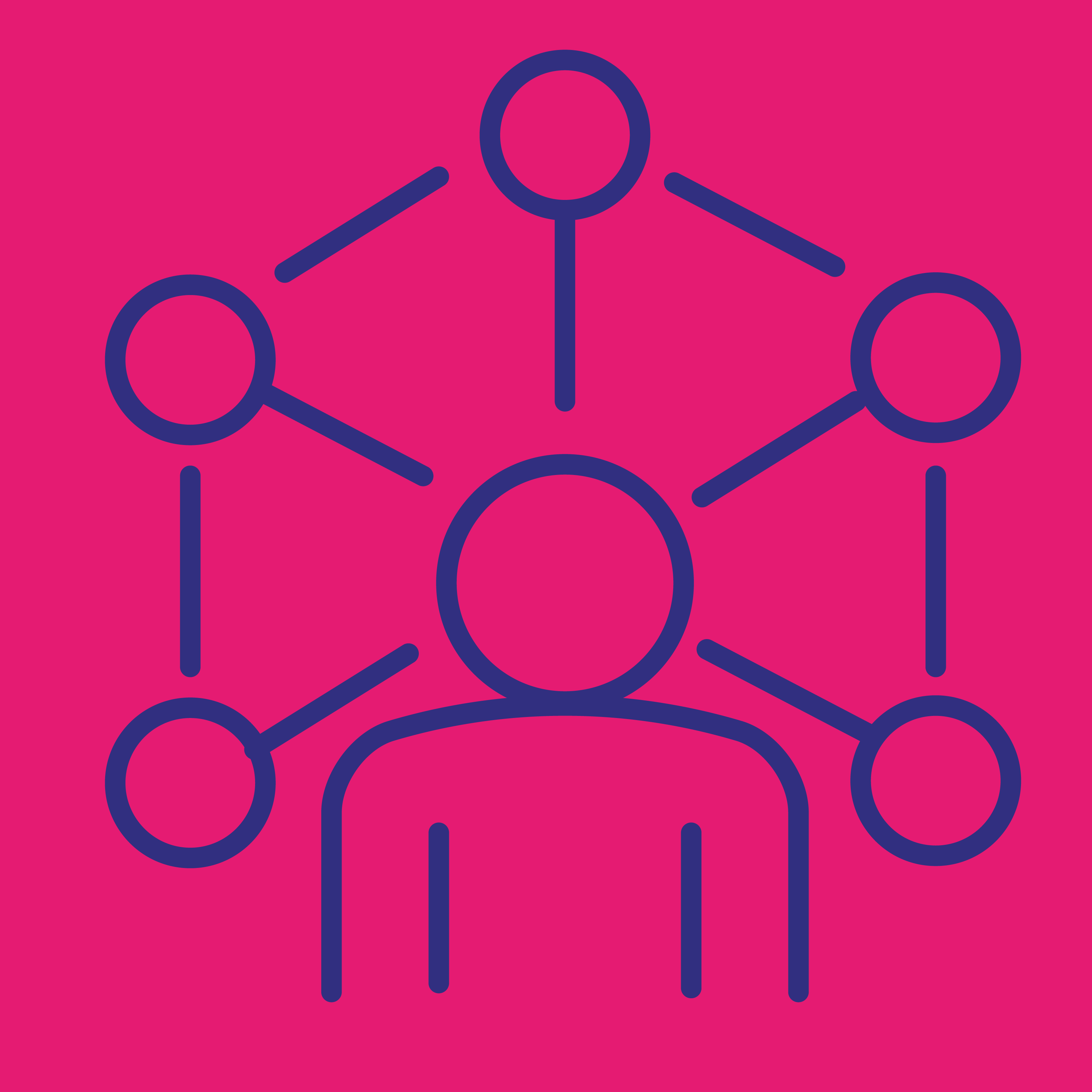
Managing stress means recognizing your state of stress and tracing the causes of everyday life that caused it.
Managing stress means finding strategies to change the state in which we find ourselves, intervening on the environment or ourselves, modifying:
- thoughts
- emotions
- Actions
- our usual reactions.
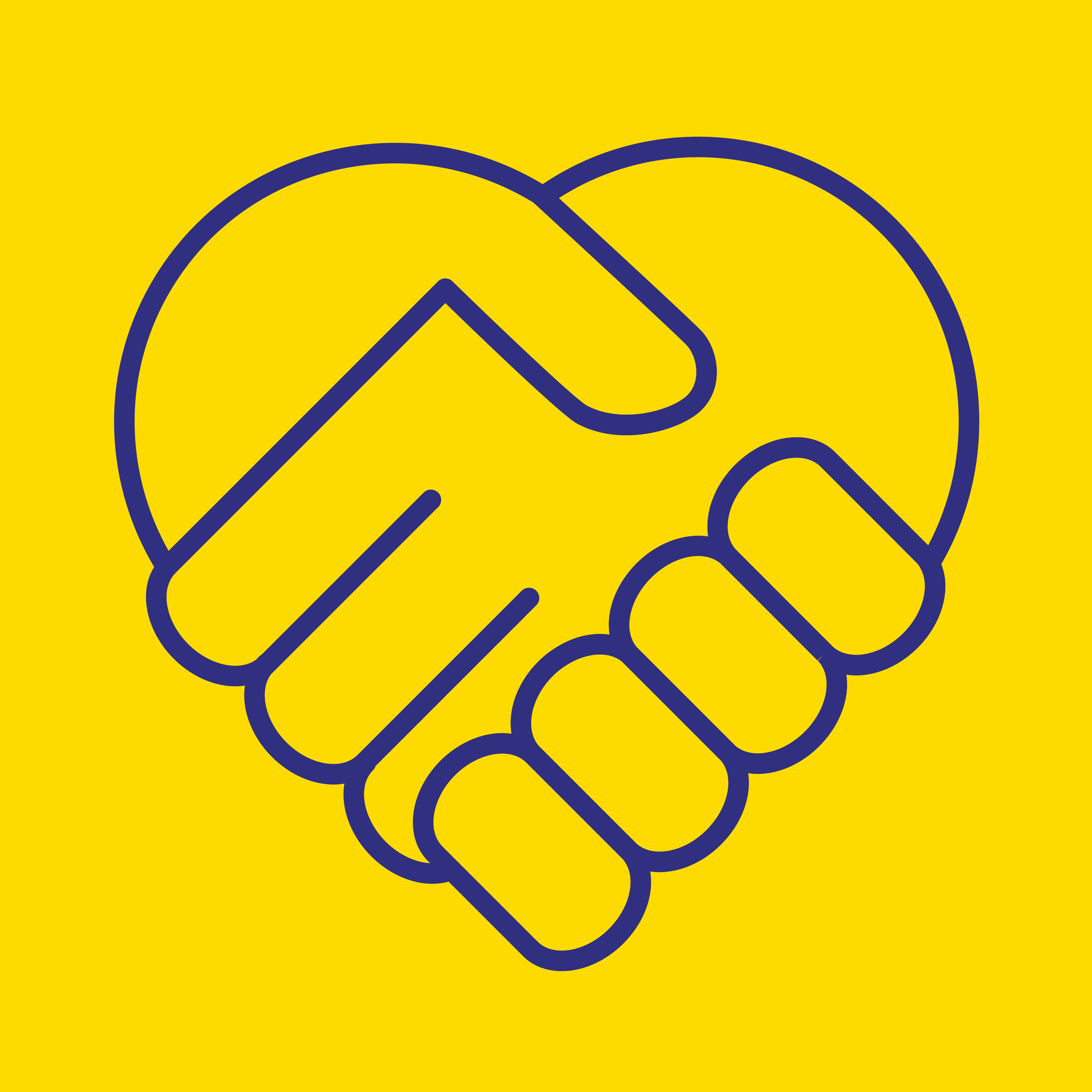
Empathy is the ability to put yourself in the shoes of others, that is, to recognize and share their emotions. Using empathy means understanding how the other person feels not only with the head but also with the heart and belly. Active and interested listening is the basis for good empathy.

Communication is the process of transmitting the information.
Communicating effectively means knowing how to express yourself in any situation with any interlocutor both verbally and non-verbally (facial expressions, voice, and posture), clearly and consistently with your mood.
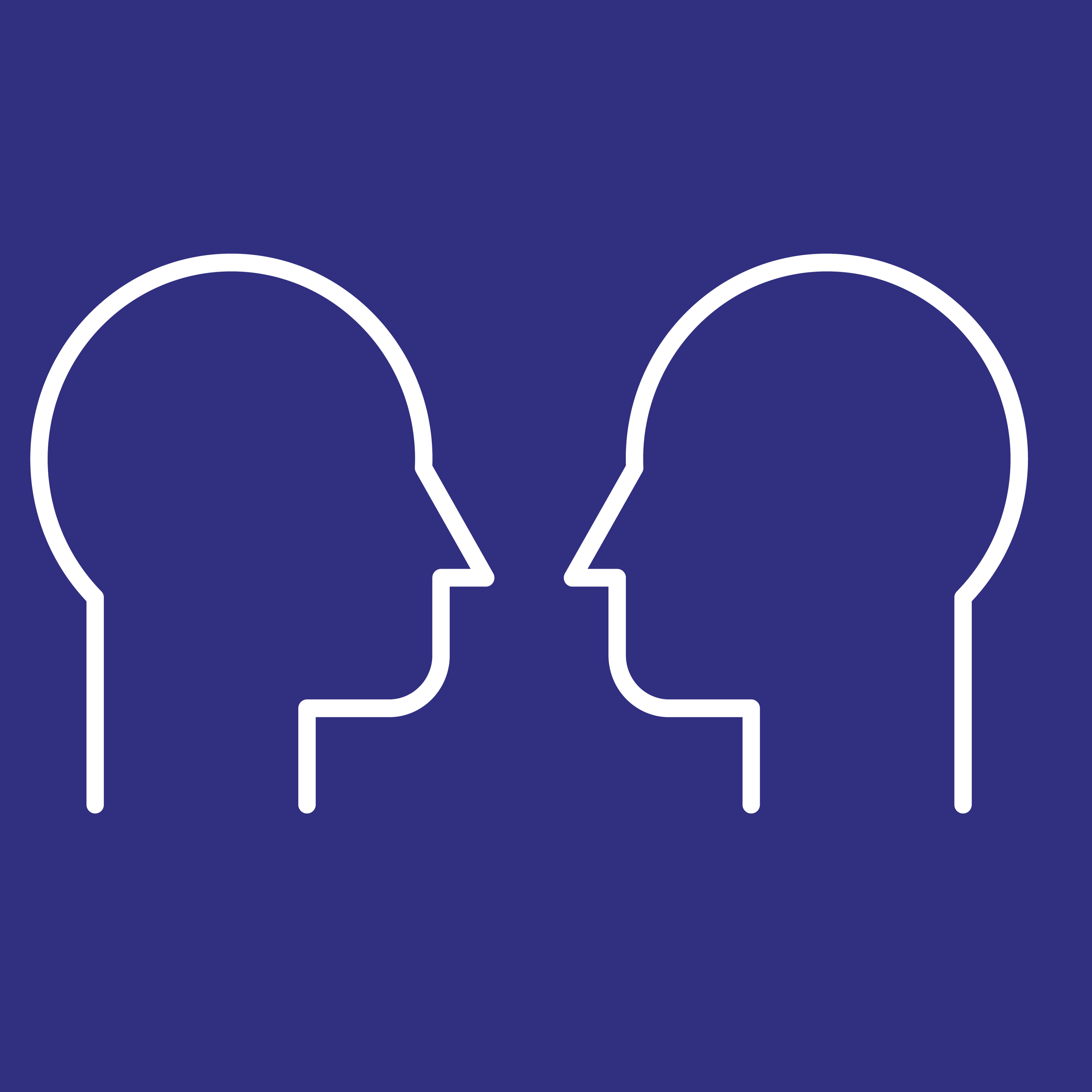
Being able to have effective relationships means: creating and maintaining important relationships, but also being able to interrupt inadequate relationships, being assertive, that is, capable of affirming oneself, declaring one's needs and opinions in respect of others, of their ideas and their needs, without abuse or submission.
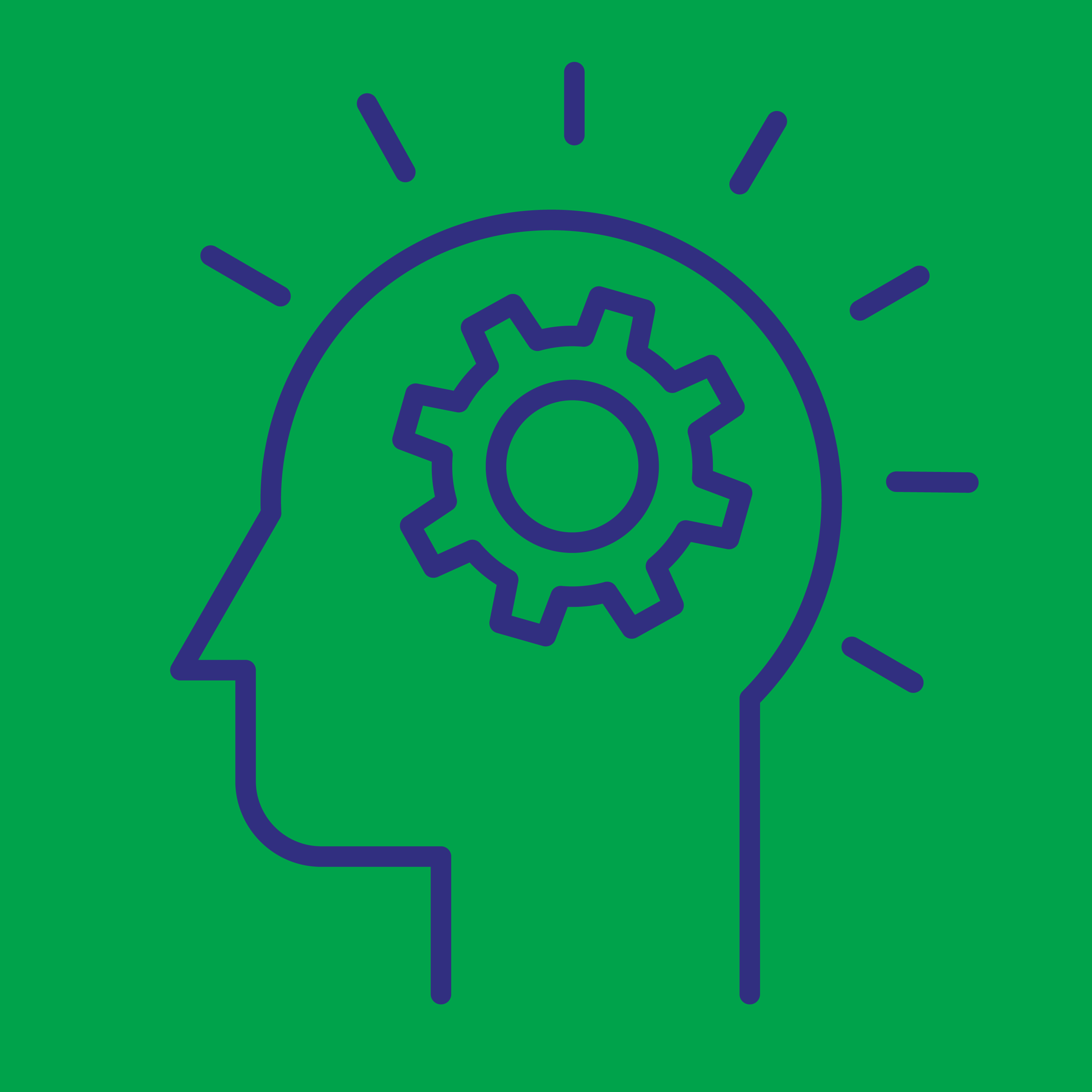
Problem solving means finding effective solutions to a problematic situation keeping in mind the context and the people involved, including themselves.
Problem Solving effectively means satisfying both rational and practical needs and relational and emotional needs.
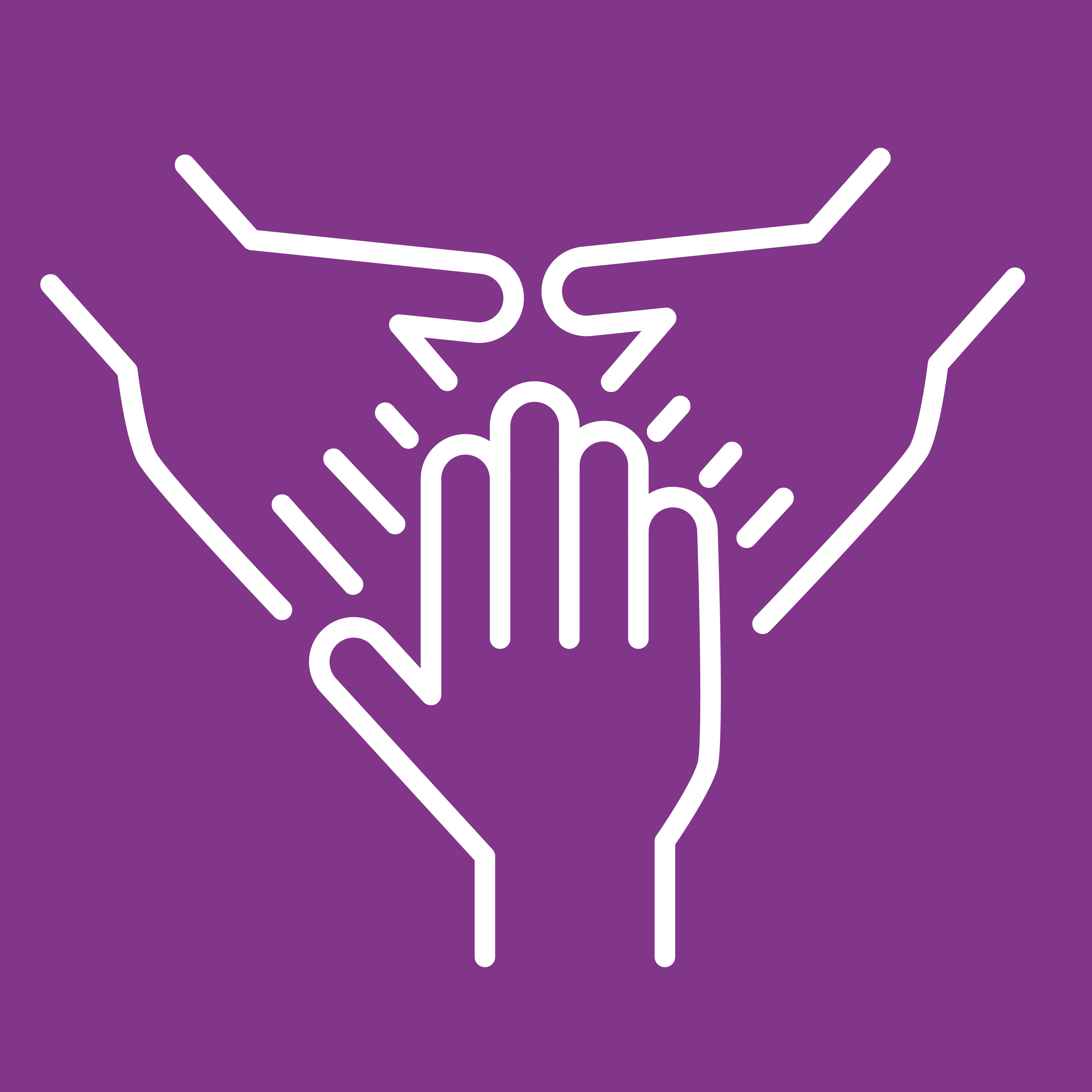
We make a decision when we evaluate the different possibilities we have and the consequences that can ensue. A decision is never good in absolute terms, but it is good concerning a specific context and oneself.
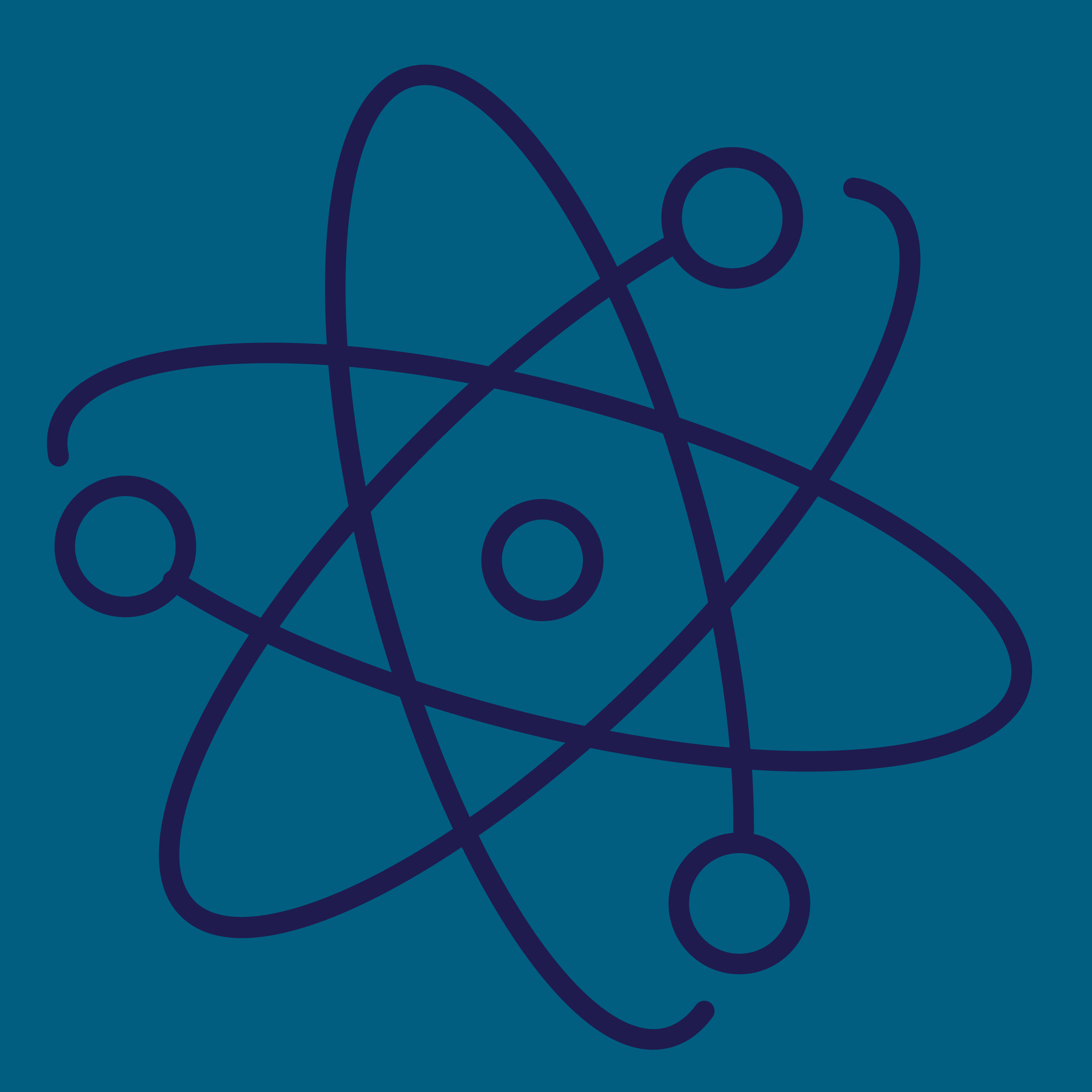
Critical thinking consists of knowing how to analyze information, situations, and experiences objectively, distinguishing reality from one's subjective impressions and prejudices, means recognizing the factors that influence one's own and others' thoughts and behaviors and for this reason, it helps to remain lucid in the choices.
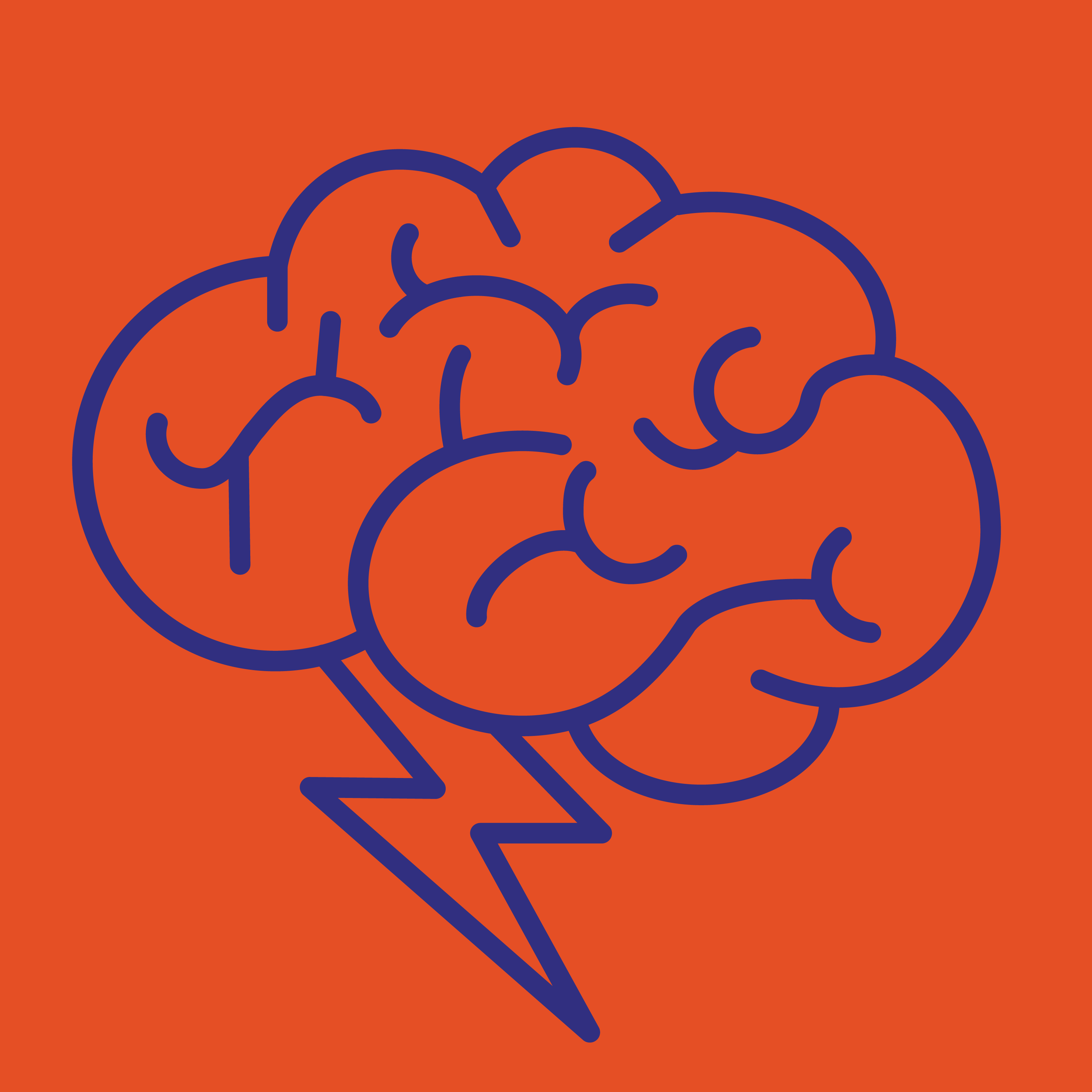
Many tend to associate creative thinking with artists, children and those who "can afford to dream or fantasize".
In all of us, creative thinking is used to think of possible alternatives, to have original ideas to find solutions, to get out of difficult situations or behavioral patterns that block us.
